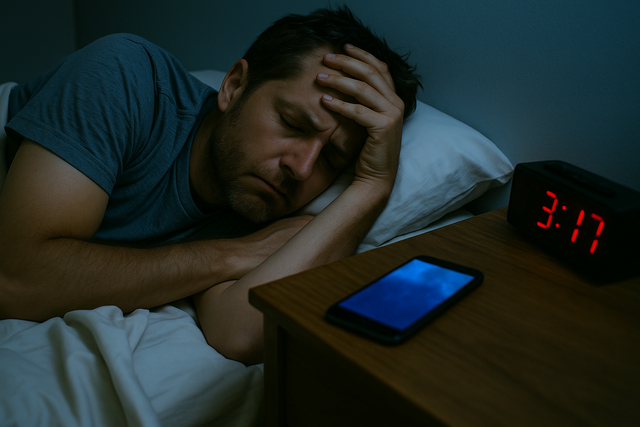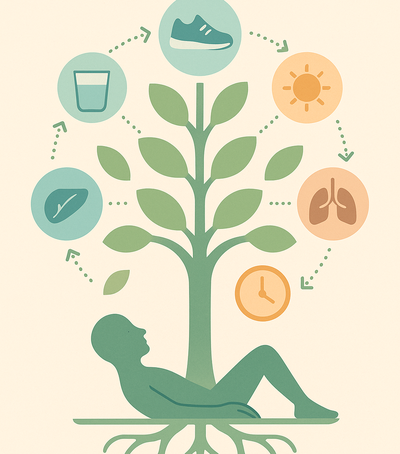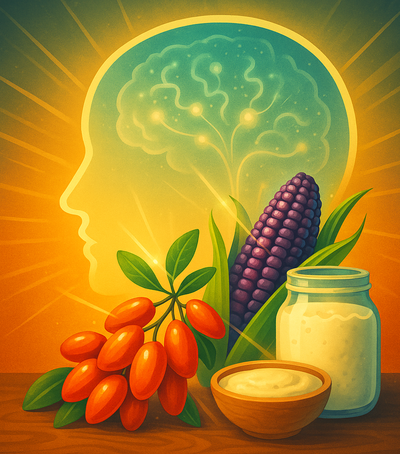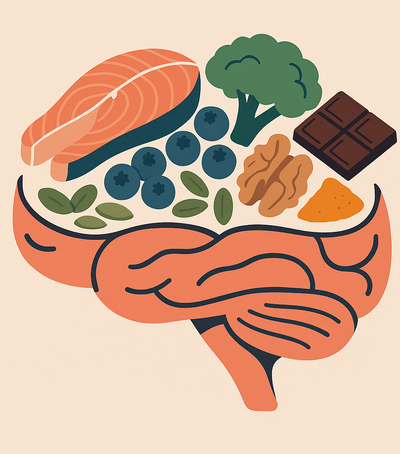
In a world where every minute is measured in productivity, quality sleep has become a real luxury. Where once the night meant rest, today it has been artificially extended by screens, internal anxiety alarms, and the unstoppable flow of information. And instead of resting, we have become chronically tired.
The role of blue light and technology
One of the biggest sleep saboteurs is exposure to blue light from phones, tablets, and televisions. This light directly affects our circadian rhythm—the biological clock that tells our bodies when to wake up and when to sleep. Studies from Harvard and Stanford have shown that just 30 minutes of screen time delays the production of melatonin, the sleep hormone, by more than an hour.
Dinner habits that punish us
The way we end the day also has a big impact: late and heavy dinners, caffeine consumption after 5:00 PM, or alcohol "to calm the nerves" at night, actually harm the sleep cycle. Alcohol may make us feel like it puts us to sleep faster, but it disrupts the deep stages of sleep, leaving us sleepless in the morning.
Stress and mental hyperactivity
The modern mind has become a “signal board” overloaded with worries, plans, and memories. Many people experience bedtime as the moment when the brain, finally free from distractions, begins to analyze everything that happened — and didn’t happen — during the day. That’s why meditation, deep breathing, and creating calming bedtime rituals are increasingly recommended by mental health experts.
How do we regain the lost sleep?
Science suggests some simple but powerful solutions:
Keep a consistent sleep schedule, even on the weekends.
Avoid screens at least an hour before you lie down.
Create a dark, cool, and quiet environment for sleeping.
Replace social media with a light book or a meditative exercise.
Write down the thoughts that weigh you down before bed – not to resolve them, but to put them aside.
Sleep is not a luxury – it is a biological right and a foundation of our well-being. And returning to a truly good night's sleep does not require magic recipes, but dedication to yourself and, perhaps, a new sensitivity to our body's natural rhythm.





